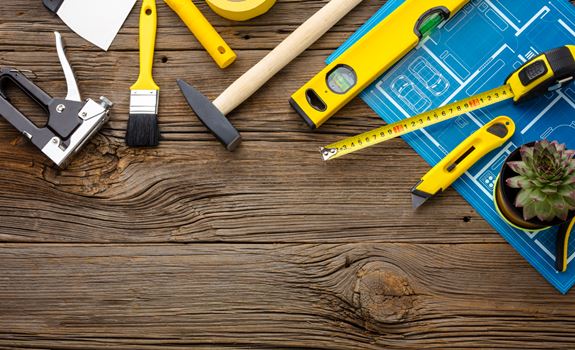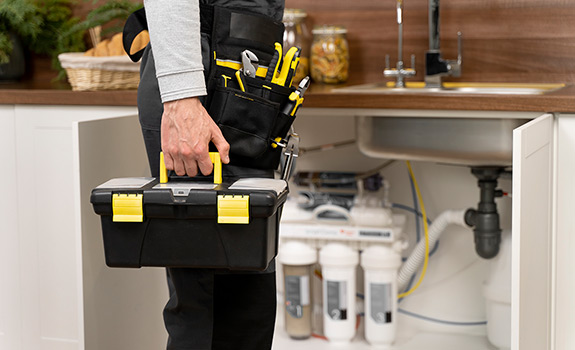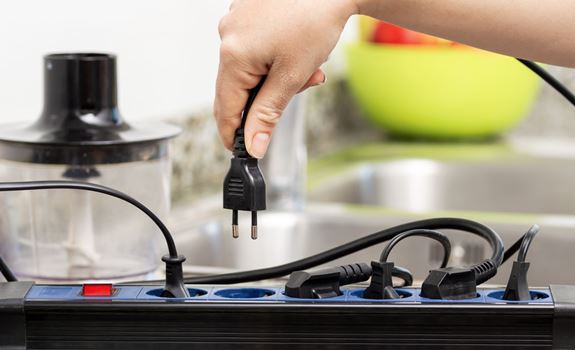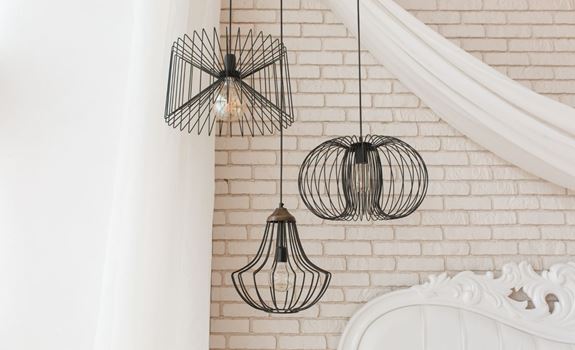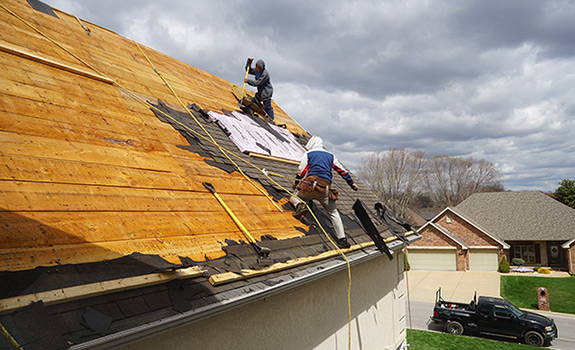There are many places where hurricanes are a reality that homeowners have to face up to, but even if you aren’t in a part of the world where the risks of extreme weather are high, it’s worth thinking about what you can do to reduce the impact of serious storms that might roll through unexpectedly.
To that end, we’ve put together a brief guide on techniques and steps you can take to shield your premises from the worst effects of hurricanes and other climatic calamities.

Install a Storm Door
As the name suggests, a storm door is specifically designed to be capable of standing up to the punishment that will get thrown at it in hurricane conditions.
It’s also intended to protect your home’s underlying door so that you can get the best of both worlds in terms of protection and aesthetic appeal.
Replace and Cover Windows
Should your home be located on land that is seasonally subjected to hurricanes, it’s worth investing in windows that have tempered glass that is stronger than standard panes.
If you don’t have the budget or the inclination to do this, then covering your windows to stop debris from damaging them is important when storm conditions are forecast.
Hurricane shutters serve a similar purpose to a storm door, and can also add to the curb appeal of your property.
A cheaper yet uglier solution is to board up your windows ahead of the storm hitting, whether with wooden boards or large sheets of plywood. This is obviously a temporary solution, but it might help you if hurricanes aren’t frequent visitors to your region.
Bring Outdoor Furniture Indoors
People with gardens and yards probably have all sorts of outdoor furniture and other detritus that are likely to be blown about by hurricane-force winds and pose a threat to your property, as well as to your neighbors.
Taking everything inside to store it until the weather has calmed is wise. If there isn’t room, considering a temporary rental of a storage unit could save you in the long run.
There’s another tactic to try if you’ve got a swimming pool in your yard, which is to sink plastic furniture and other non-perishable, waterproof items to the bottom of the deepest part. Once submerged, they’ll be out of harm’s way.
Don’t Neglect Garden Maintenance
For homes with large trees and bushes in outdoor spaces, staying on top of maintaining the greenery is important, particularly where hurricane damage is concerned.
Keeping branches in check and cutting back larger plants will mean that there is a lower likelihood of anything being uprooted in high winds.
Get Insured
Even if you’ve taken every precaution, you can’t predict what damage a hurricane might do to your home.
To avoid steep costs for bringing it back up to standard, having a home insurance policy that also factors in disasters like hurricanes, floods, and so forth will allow you to make a claim if the worst happens.
The Bottom Line
Your efforts to hurricane-proof your property should be thorough and must be carried out as a preventative measure. It’s no good waiting until the last minute to act, as it might be too late.
Published in: Home advice | Author: Lynn



